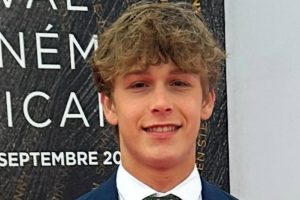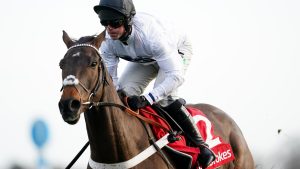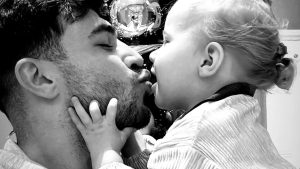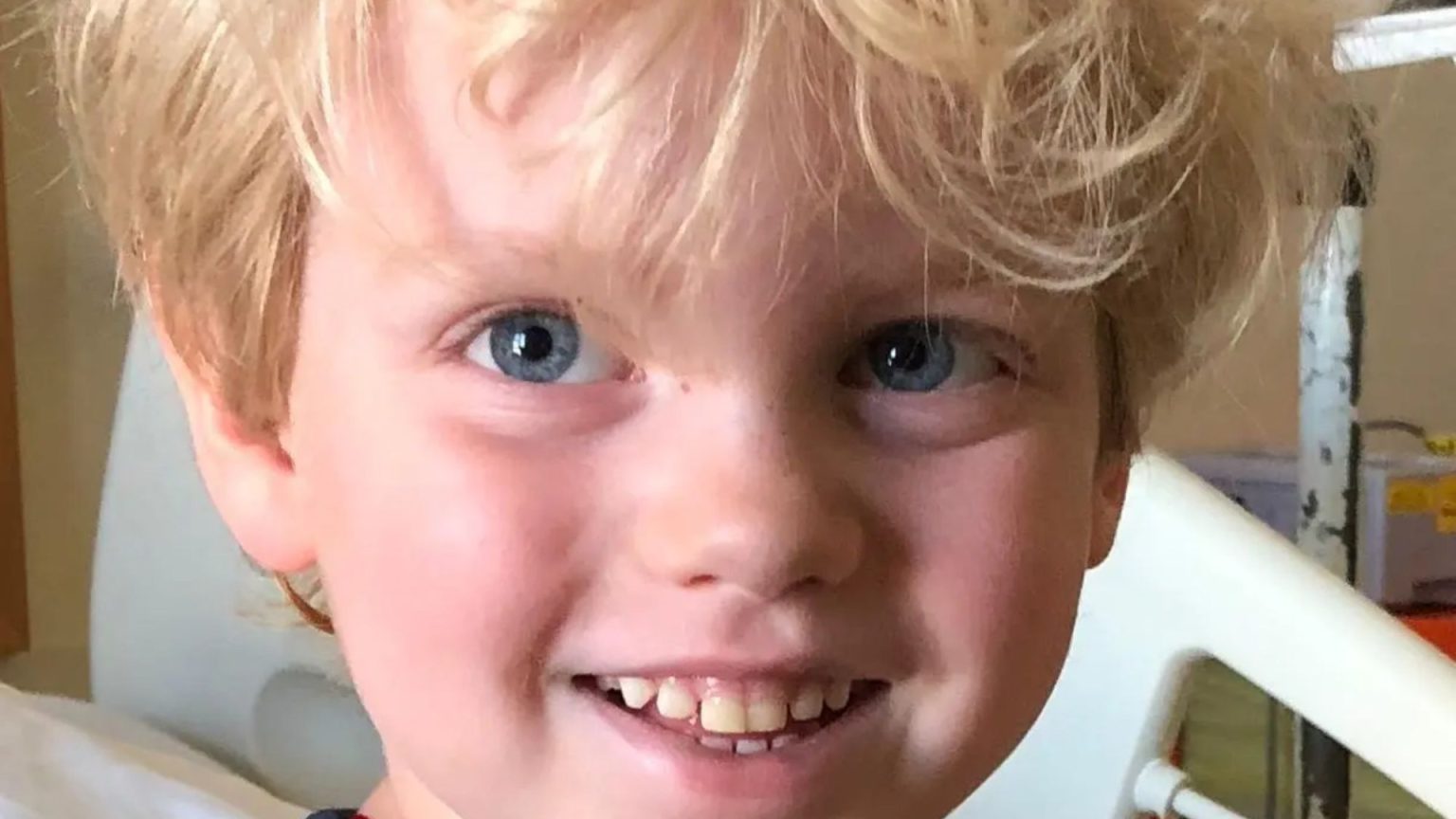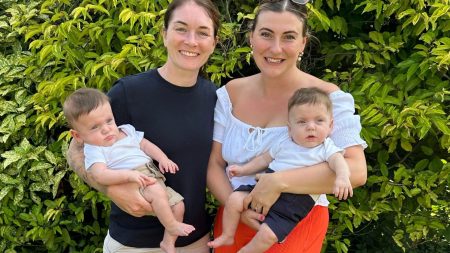Will Rainsbury, a vibrant and mischievous six-year-old, tragically lost his battle against an aggressive brain tumor known as group 3 medulloblastoma. His initial symptoms, subtle and easily dismissed as a stomach bug, masked the severity of his condition. Morning nausea was the only early indicator, quickly followed by a devastating diagnosis after a precautionary scan revealed a tiny tumor, initially overlooked. This rare and aggressive cancer, typically affecting children aged three to eight, had already spread to Will’s spinal cord, signifying a grim prognosis. Despite undergoing extensive surgery, radiotherapy, and chemotherapy, Will’s cancer returned just weeks before the scheduled end of his treatment. His courageous fight ended on Valentine’s Day 2019, just nine months after the initial diagnosis, leaving his family heartbroken.
Driven by the profound loss of his son, Will’s father, John, embarked on a mission to prevent other families from enduring similar heartache. He established the Little Hero charity in Will’s memory, contributing to a £5 million research program at Newcastle University. This program, known as INSTINCT, focuses on identifying the specific genetic traits of group 3 medulloblastoma to develop targeted treatments. John’s unwavering commitment stems from a desire to honor Will’s fighting spirit and create a lasting legacy that could save other children’s lives. He envisions a future where families are spared the devastating outcome he experienced, fueled by the belief that Will would have found solace in helping others.
The subtle nature of Will’s initial symptoms highlights the insidious nature of brain tumors. What began as mild morning nausea progressed rapidly, leading to a shocking diagnosis that shattered the family’s world. The initial all-clear from doctors, quickly retracted due to the discovery of the tiny tumor, underscores the difficulty in detecting these cancers early. Will’s journey through grueling treatment, including a 12-hour surgery to remove a golf ball-sized tumor, followed by debilitating radiotherapy and chemotherapy, showcased his remarkable resilience. Despite the challenges, he maintained his playful spirit, inspiring his family and medical staff with his cheeky demeanor and unwavering optimism.
The devastating news of Will’s relapse, delivered just two weeks before the end of his chemotherapy, extinguished the hope for a cure. The realization that the treatment had been ineffective left the family grappling with the harsh reality of their son’s limited options. Despite exploring experimental trials and innovative treatment methods, including the implantation of an Ommaya reservoir for direct drug delivery to the brain, Will’s condition deteriorated rapidly. He began experiencing seizures, a symptom previously absent, culminating in a severe episode from which he never recovered. Will’s passing left an immense void in his family’s lives, particularly for his younger brother, who struggled to comprehend the loss.
Fueled by grief and a determination to make a difference, John channeled his energy into establishing the Little Hero charity. Recognizing the stagnation in research for high-risk medulloblastomas, he sought to accelerate progress and provide hope for future generations. He questioned the allocation of research funding, arguing that the focus on case numbers rather than years of life lost undervalues the impact of childhood cancers. John’s advocacy highlights the critical need for increased investment in research for these devastating diseases, emphasizing the disproportionate burden they place on young lives.
The INSTINCT research program, supported by Little Hero and other charities, offers a glimmer of hope. The two studies published in NeuroOncology provide crucial insights into group 3 medulloblastoma. The first study focuses on identifying incurable subtypes, while the second examines the role of the MYC gene in driving rapid tumor growth. The identification of MYC as a key driver opens the door for targeted therapies that could significantly slow disease progression. While not a cure, this breakthrough offers a fighting chance for children who currently face bleak prognoses. John’s relentless pursuit of improved treatments, coupled with the promising findings of the INSTINCT program, offers hope for a future where children like Will have a greater chance of survival. Beyond the research, Will’s legacy lives on through Will’s Woodland, a tranquil retreat offering respite for families facing childhood cancer. This sanctuary provides a space for families to create cherished memories outside the confines of the hospital, embodying the spirit of Will’s resilience and joyful nature.
